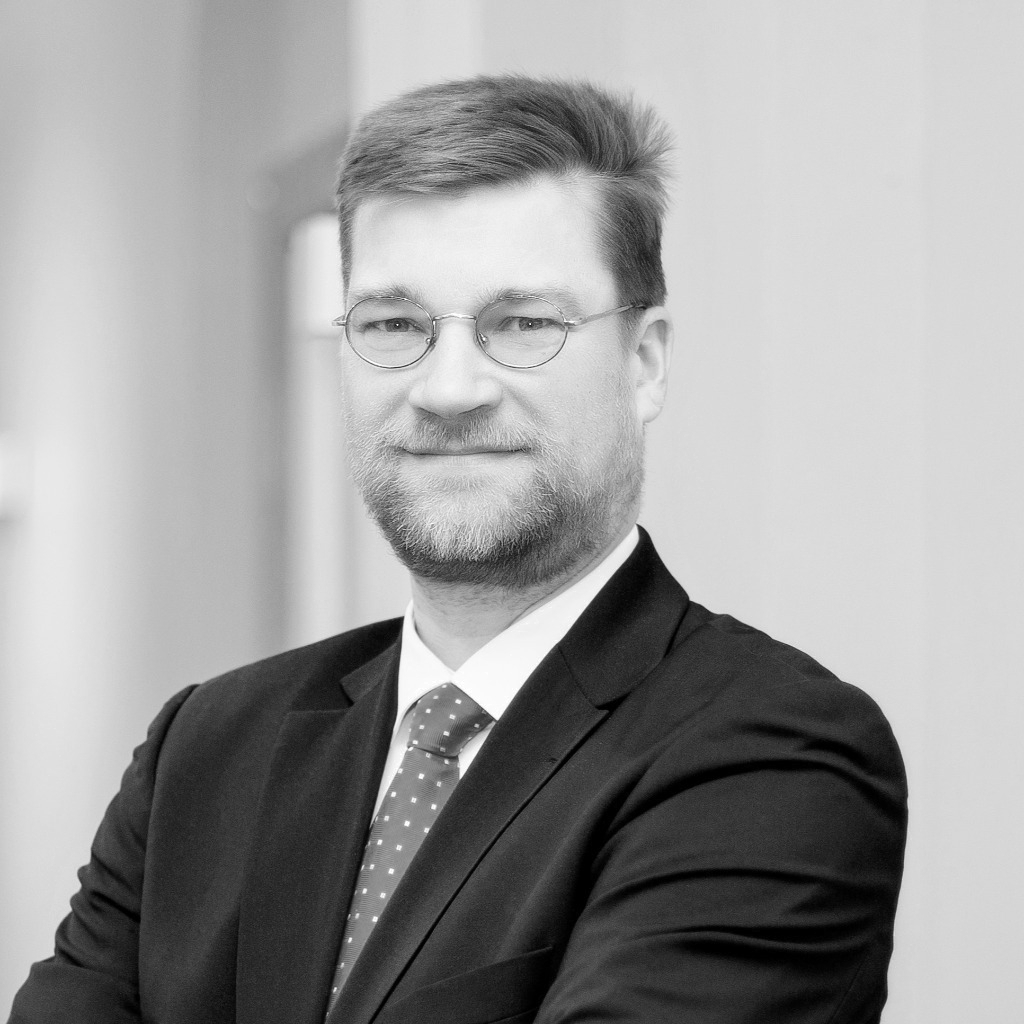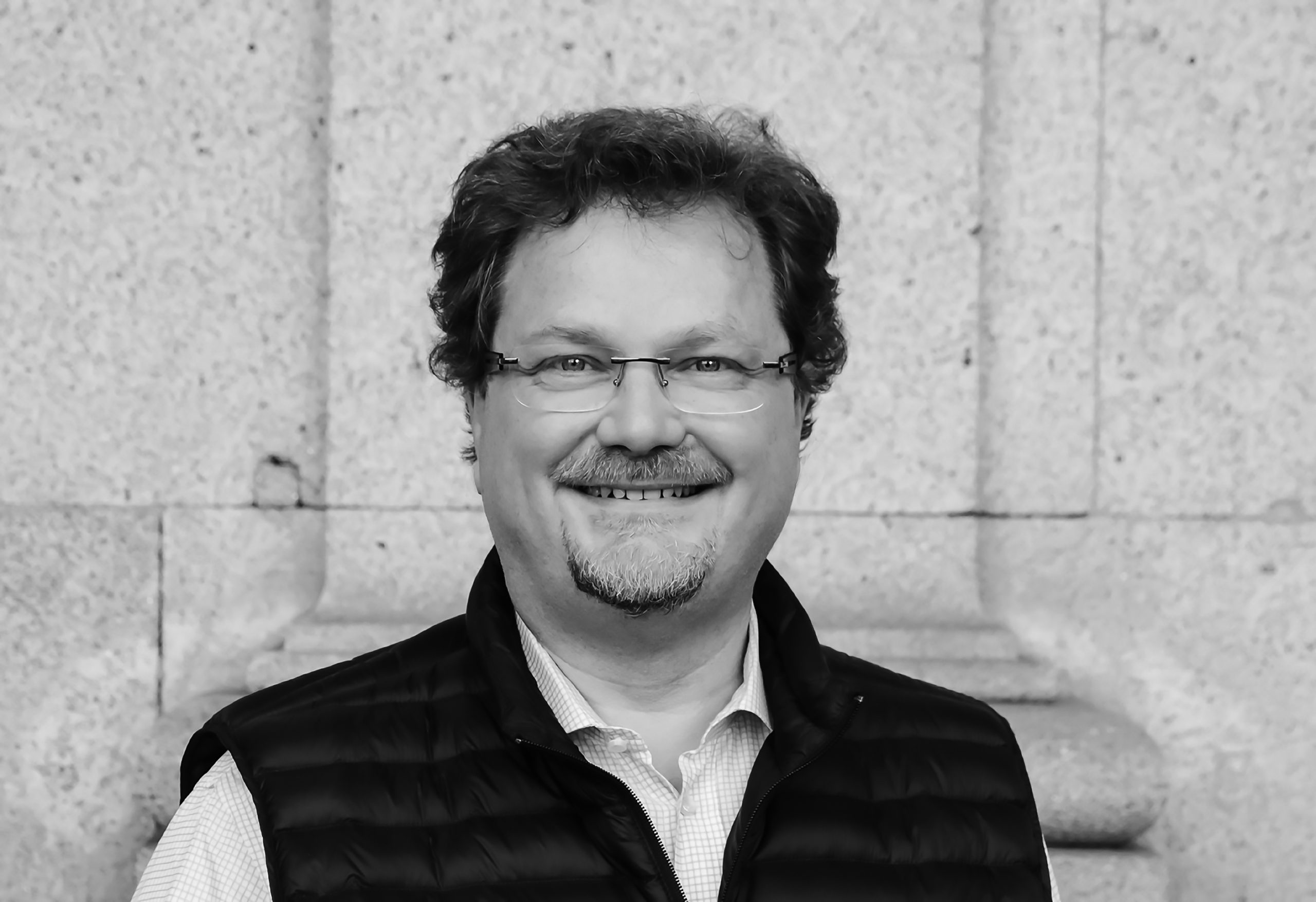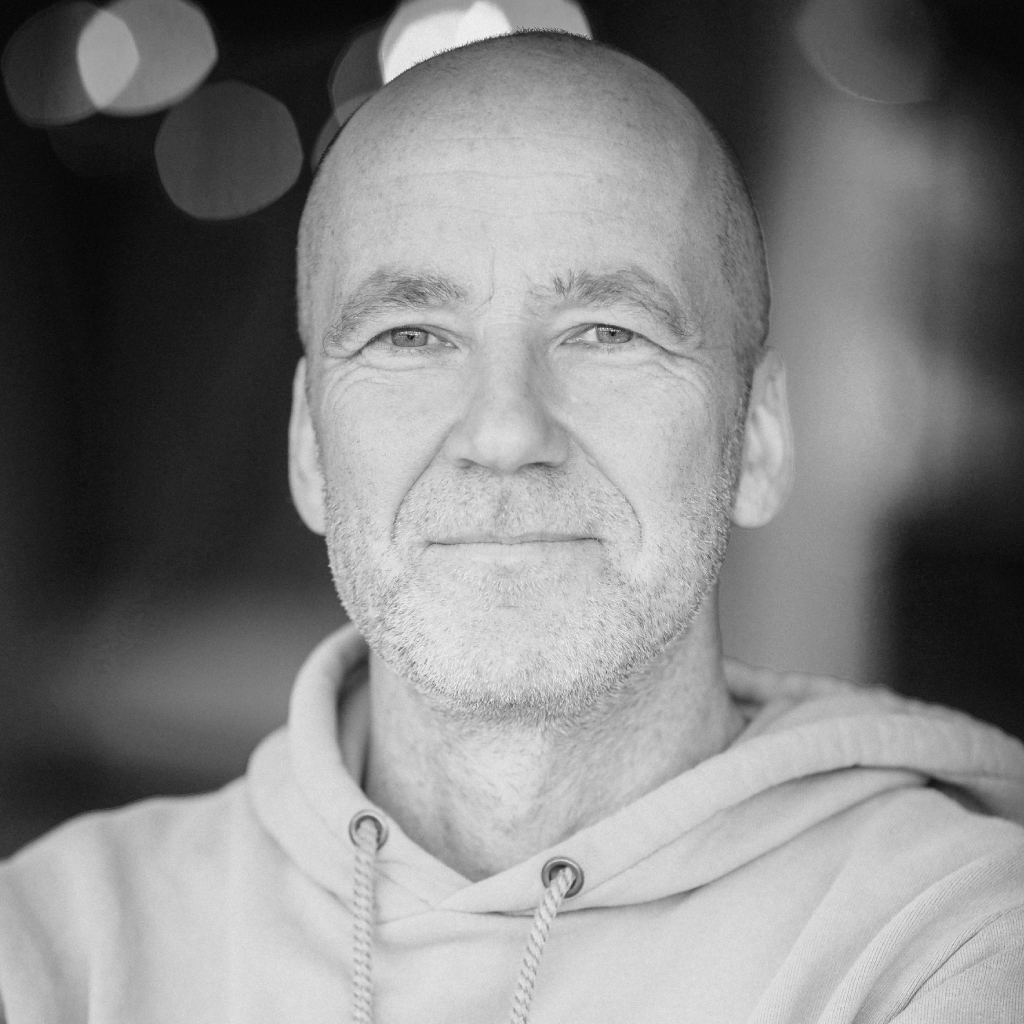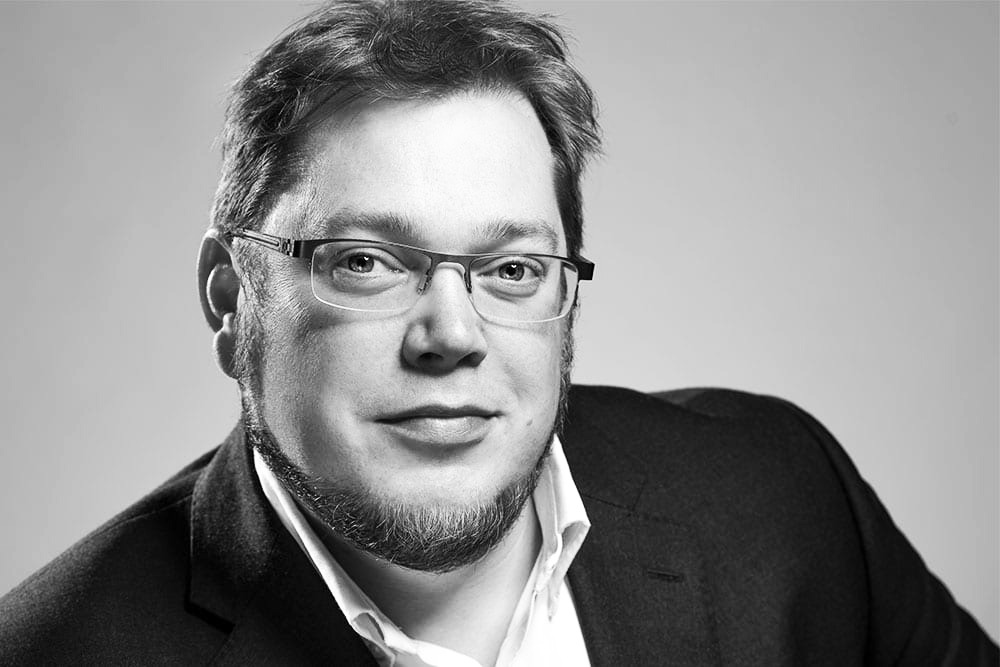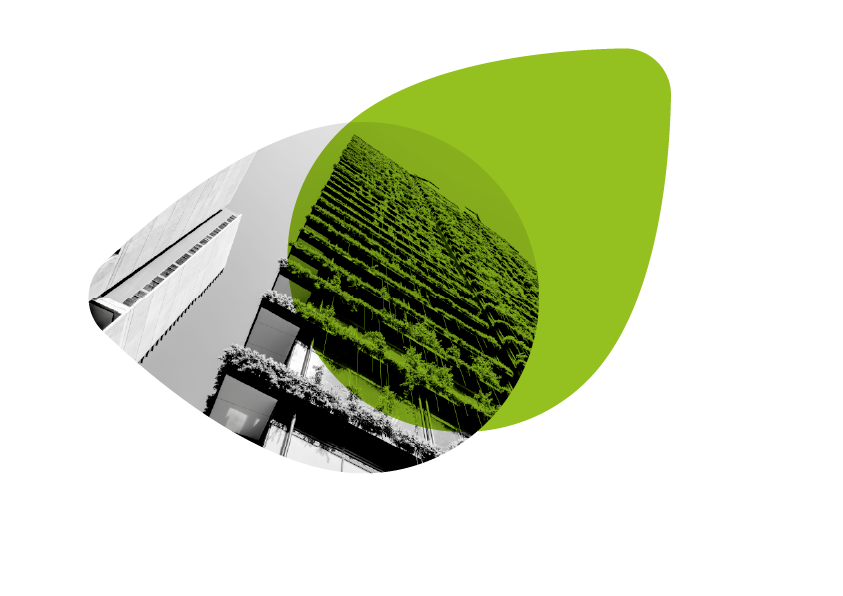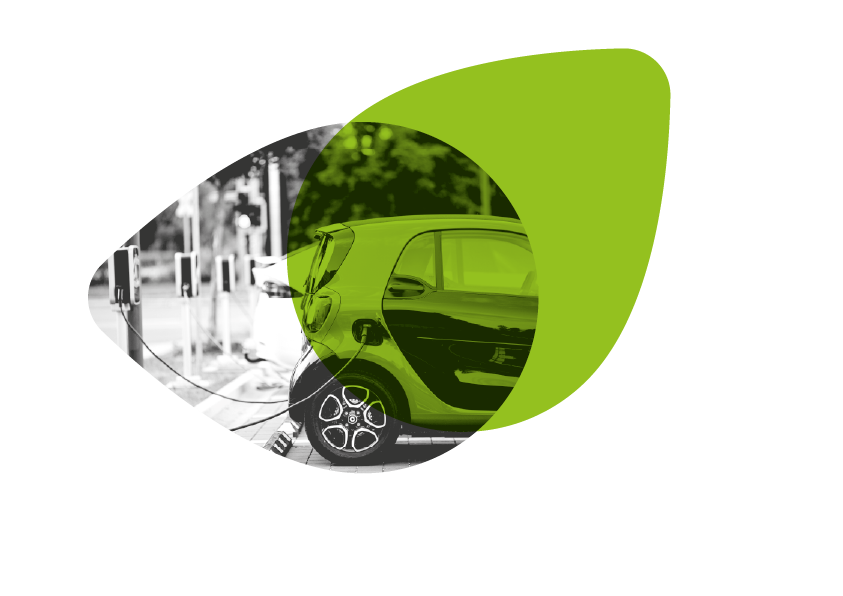[uwp_reset]
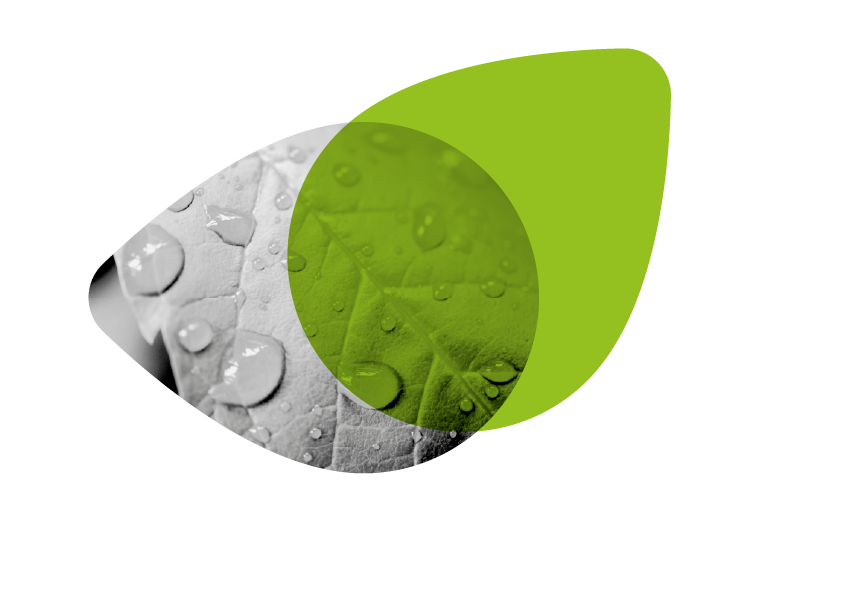
Clean Energy
In 2019 the EU completed a comprehensive update of its energy policy framework to facilitate the transition away from fossil fuels towards cleaner energy and to deliver on the EU’s Paris Agreement commitments for reducing greenhouse gas emissions.
The agreement on this new energy rulebook – called the Clean energy for all Europeans package – marked a significant step towards the implementation of the energy union strategy, published in 2015.
Climate, Energy and Mobility is the focus for Cluster 5 in Horizon Europe. This clusters aims to fight climate change by better understanding its causes, evolution, risks, impacts and opportunities, and by making the energy and transport sectors more climate and environment-friendly, more efficient and competitive, smarter, safer and more resilient
More information here.
